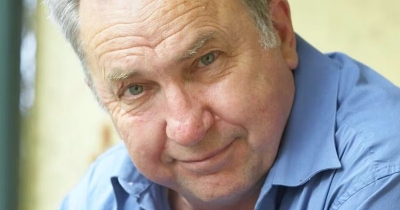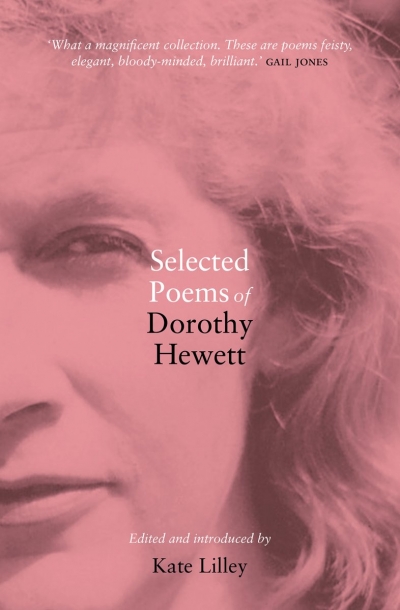Kate Lilley
Poet and editor extraordinaire John Tranter died on 21 April 2023, after a few cruel years of illness with Lewy body dementia. Friends and family gathered at his funeral in the inner Sydney suburb of Rozelle on what would have been his eightieth birthday (29 April) to celebrate John’s remarkable life and mourn his loss. I was honoured to be one of the speakers: what follows incorporates what I said there.
... (read more)'Planisphere', a new poem by Kate Lilley.
... (read more)A creeping association might doldrum
your bullet points and action items
resembling life grid passing then gone
change my number leave me alone
give no ear to charms ...





